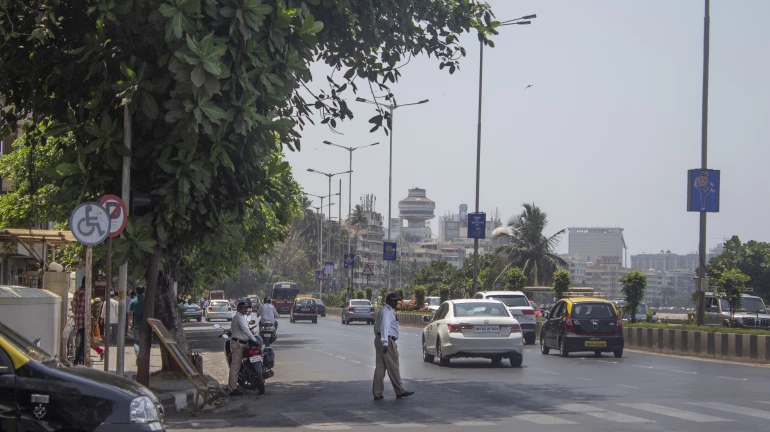
The traffic police department has decided to confiscate vehicles and file criminal charges against their owners if they continue to disregard pending e-challans, as the total amount of unpaid traffic penalties has surpassed INR 700 crore.
A standard operating procedure (SOP) for impounding cars and submitting charge sheets to courts against offenders was recently released by the agency.
Police must swiftly prepare charge sheets in situations involving non-compoundable offenses, which are significant criminal offenses that cannot be resolved by a court, in accordance with the SOP. These include driving while intoxicated and driving recklessly. Regarding non-serious or compoundable infractions, if the driver is willing to pay the fines assessed via electronic challans, the authorized police officers should compile the cases and receive the specified fines.
According to the SOP, the traffic police should file a charge sheet against the owner of the vehicle in court if the owner of the vehicle refuses to pay the fine assessed by e-challans. If the traffic police discover that the owner or driver of a vehicle lacks the required paperwork, such as a driver's license, registration card, or permit in the case of a commercial vehicle, they are also directed to confiscate the vehicle.
The joint commissioner of police (traffic), Anil Kumbhare, stated that many drivers are not paying the penalties assessed using e-challans, even though there are other ways to do so, including using the MahaTraffic app, the website PayTM, or cash at the closest chowkie. They have to put their foot forward in order to recover the amount.
From 12 am to 5 am on December 15, the Mumbai traffic police set up nakabandis, or blockades, at 107 locations throughout the city. During this time, 28 autorickshaws were seized because the drivers lacked the necessary paperwork, such as licenses and permits. Additionally, 6,369 vehicles were inspected by the traffic police, and 1,831 prosecutions against traffic offenders were filed. At this nakabandi, 70 drivers were also found to be intoxicated.
When the traffic police went to the Lok Adalat (people's court) on December 14, they were able to collect INR 17.26 crore in fines from 2,30,175 drivers who had unresolved driving tickets. This followed the police sending drivers with unpaid fines pre-litigation notices.
The traffic police have recovered nearly INR 500 crore in five Lok Adalat sessions in the last year, despite the low response rate from drivers to e-challans. According to officials from the traffic department, the recovery rate for e-challans issued since 2016 totaling INR 978 crore is greater than 50%.
Over the years, the process of sending notices and requesting that violators appear before the Lok Adalat has proven to be effective, despite the fact that it takes a lot of time, a traffic police officer stated. The officer went on to say that the main goal of collecting fines is to penalise drivers, which will improve city traffic and assist lower the number of fatalities on the roads.
In the meantime, a lot of drivers have been complaining that when traffic cops are not on duty, they take pictures and send them bills using their personal cell phones rather than the e-challan devices. Officers who snap photos using their personal cell phones should face disciplinary action from the department.
Responding to all the raised concerns Kumbhare said that they will take cognizance of photos clicked by citizens. The agency examines the photo when a driver files a grievance and removes the challan if it turns out that the traffic cop took the picture with their own mobile device.





